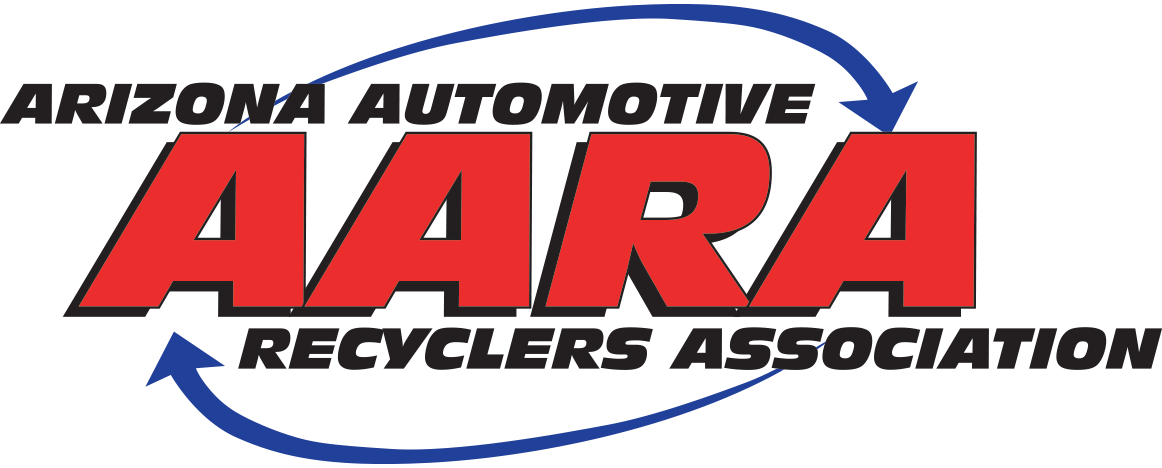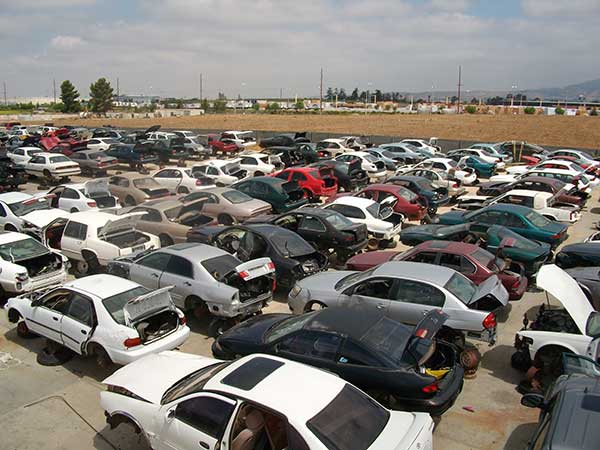How Recycling Has A Positive Impact On The Environment
Most of the products that humans manufacture are detrimental to ecosystems if left in nature when no longer serviceable. Automobiles are a prime example, given that they are composed of a large number of parts of varied composition.
Consider the space where an abandoned vehicle has been parked for many years. From side to side, bumper to bumper, little is growing in its footprint. There may some insects, worms, a small reptile or amphibian or two, but these forms of life are just as plentiful in adjacent spots that don’t have an old car sitting on them. Beneath the junked vehicle, plant life does not flourish as it would otherwise, and ultimately, these plants are vital for providing the base of animal food chains.
An obvious benefit to the environment comes from reducing the size of the footprint of a discarded automobile. While crushing a car can decrease its size and the space required, a far better solution is to salvage many of the materials from a junk car. Over 80 percent of each auto can be recovered, and efforts are underway to increase that ratio. This challenge is constantly evolving with the change in composition of auto parts. For example, today’s cars are built from far more plastic and less steel than their predecessors.
Of course, not all auto parts have an equal environmental impact. While some, such as the auto glass, are fairly inert, and the main problem presented is their longevity, other compounds are far more damaging. It is important to remove and contain all fluids such as fuel, lubricant, antifreeze, and hydraulic fluid so that they do not pollute the earth and ground water. The refrigerant from the air conditioning system must be recovered before it can escape into the atmosphere. Auto batteries contain harmful materials such as lead and sulfuric acid. Lead is also present in other auto parts like wheel weights. The mercury contained in automobile light switches is very toxic. Each of these forms of hazardous waste must be properly contained rather than being imposed on the environment.
Another benefit of recycling scrapped auto parts is the reduction in environmental impact needed to acquire new raw materials. Increasing the amount of recycled steel used lessens the volume of iron that must be mined and refined into steel, reducing need for not only iron ore but coal as well. More precious metals, such as copper, can also be salvaged from junk cars, again reducing the need for the environmental impact that comes with any mining industry. The platinum found in a catalytic converter is another example of a precious metal that can be reused.

